IMDb meta-data is runtime of 2h 11m, rated 8.1 by 1,600 cinematizens.
DNA: Czech & Slovak.
Genre: Docudrama.
Verdict: Remembered.
Tagline: 20 August 1968.
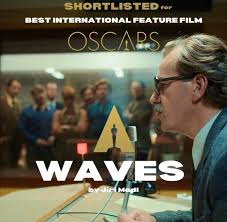
Mirroring the macro in the micro, the film covers the last days of the Post War Communist regime, the short-lived Prague Spring, and the Soviet repression. The microcosm centres on a technician employed by National Radio, who has tenuous custody of his younger brother after the accidental deaths of their parents. His aim is to keep younger brother out of a state orphanage in the workers’ paradise, which institutions are more like labour camps than schools.
Trying to protect his younger brother from his own foolishness, older brother gets enmeshed in spy-and-counter-spy. All the individuals are trying to survive in the whirlpool, or even to protect others, but, well, it just isn’t possible. (The only cardboard characters are the thugs, and, as always, there is never a shortage of such ‘willing executioners’ per Christopher Browning.)
To the regime, having a cookbook in French is suspicious, kind of like having a tattoo or writing a school newspaper op-ed. One hopes hours were spent trying to decode the recipes for proof of treachery. (In East Germany the Stasi did just that.)
The film integrates archival footage very well at several points. I caught glimpses of many places we visited in Prague a time ago. One of the sites was the Monument to the Victims of Communism, which is regularly defaced by those who lament the passing of that regime. That vandalism seems to emphasis the point of the memorial.
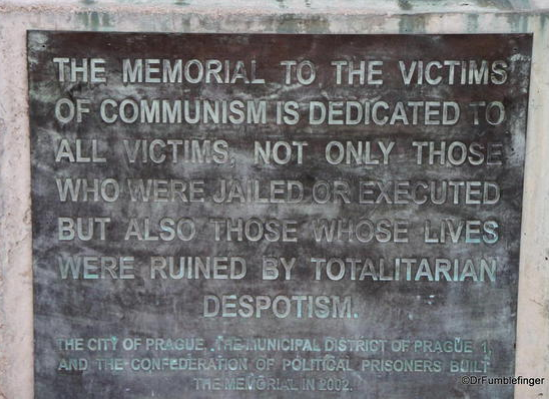
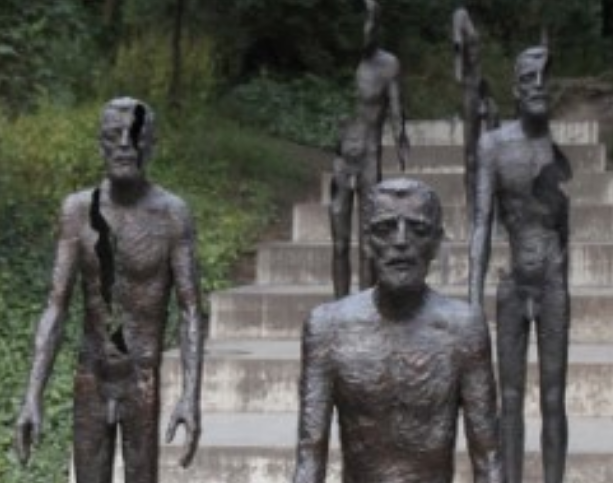
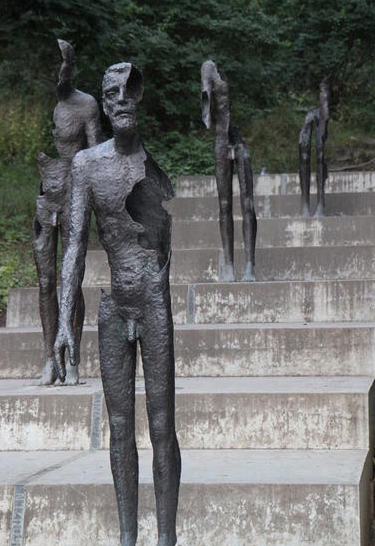
During the Cold War, Czechoslovakia had the reputation of being the most tolerant of the Warsaw Pact regimes. Even so between 1948 and 1968 there were 18 re-parenting wellness camps for tens of thousands of political prisoners who did forced labour, some in uranium mines free from nanny OHSA regulations to be sure. None of the camps were in El Salvador. The following data cover the 20-year period 1948-1968 by this lenient regime against a population of 9-millions. For political offences:
205,486 arrested,
170,938 forced into exile,
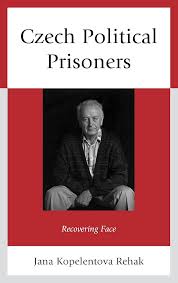
4,500 deaths in prison,
327 shot while trying to escape, and
248 executions for political crimes, including a defiant school teacher, a woman.
See Jana Rehab, Czech Political Prisoners (2012) for many more gruesome details.
It is worth remembering that this horror story followed on the heels of the Nazi occupation and dismemberment of the country with attendant genocide, slave labour, and forced relocations. No doubt some thought these to be the good old days, too.
I viewed the film in part in juxtaposition against the 1974 Carnation Revolution in Portugal.
***
I made the acquaintance of some of these 1968 displaced persons while I was in grad school. What was curious was that the 1956 Hungarian refugees resident in the vicinity, were hostile to the 1968 Czechs for reasons only they knew. But the hostility was evident even to this outsider.
Now and again I try take advantage of the Dendy Cinema multiplex nearby until I review at the screenings. However this one was part of a Czech & Slovak Film Festival and not the usual Hollywood sound and colour pablum, so off I went. We are going to see another, lighter entry soon.
By the way, it was a full house in the largest theatre so the event was a success for the organisers. Well done.

